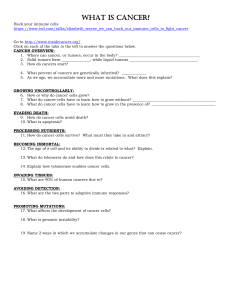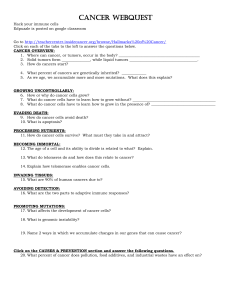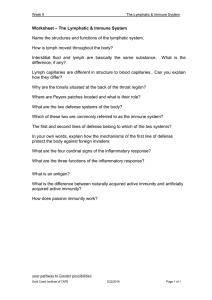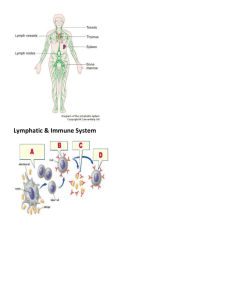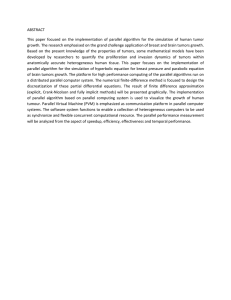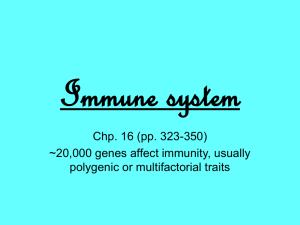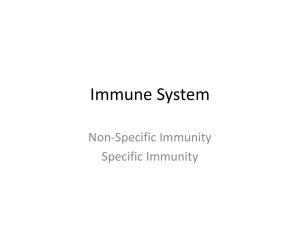Topic 2 Cancer
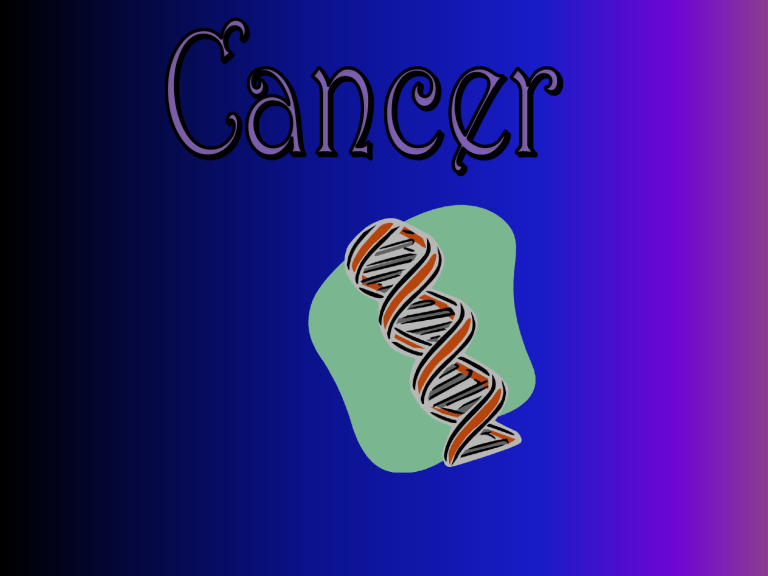
• Uncontrolled cell division that causes changes in the enzymes of a cell.
•Bladder
•Breast
•Colon and Rectal
•Lung
•Pancreatic
•Prostate
•Skin
•Leukemia
•Melanoma
•Thyroid
•Endometrial
Every minute, ten million cells divide in the human body.
Normally, cell division, accompanied by growth and specialized development, takes place in an orderly pattern. But when a cell becomes malignant, it acts in profoundly abnormal ways.
Cancer develops from a single cell that has undergone mutations in its DNA
(deoxyribonucleic acid), the genetic material which carries the body's hereditary instructions. Instead of maturing normally and dying, cancerous cells reproduce without restraint. It's not that they divide faster, but that they never stop dividing, and they fail to mature. When removed from the body and placed in a laboratory dish with nutrients, they actually seem to be immortal.
Cancer Cell Dividing
Methods of Treatment
• Chemotherapy
Chemotherapy is the use of anti-cancer drugs. It is administered by pill,
IV, injection or applied on the skin.
• Surgery
This is usually the first choice used by physicians. However, it is not effective if the cancer has spread. Surgery is used to remove tumors, or masses.
• Radiation Therapy
Radiation therapy is the use of energy to kill cancer cells and reduce the size of tumors.
The Immune System and cancer
• "We were able to observe the moment that the immune system sees the foreign antigens of the cancer in the body and its response, which starts in the local draining lymph nodes," Witte said. "We saw an increased number of lymphocytes and myeloid cells in those lymph nodes, then saw them migrating to the tumor in an attempt to kill the cancer." http://www.medicalnewstoday.com
Q’s & A’s
Q:Is cancer genetic?
A: Yes.
Q: If someone in your immediate family has cancer, can you get it?
A: Genetically, yes; contagiously, unknown.
